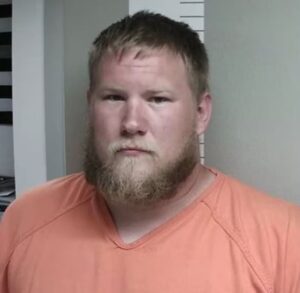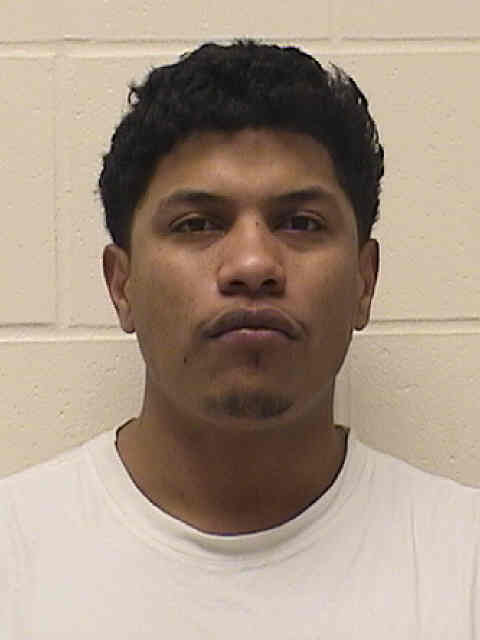Statewide Iowa — An Iowa State sociologist says many rural communities that have not yet seen coronavirus outbreaks could be very susceptible to one.
ISU professor David Peters modified an existing public health tool to see how susceptible different size communities are to COVID-19. He plans to survey 65 small towns to determine what’s worked best so far in preventing outbreaks.
(As above) “Cases will happen, what you’re really trying to do is prevent these very sudden large outbreaks like we’ve seen in meatpacking plants in Iowa,” Peters says.
He says these communities are more susceptible to an outbreak when they have many people living and working in group housing, lots of residents with pre-existing medical conditions, and certain types of employers, like meat plants. Peters says planning ahead for either sheltering in place or dispersing residents in vulnerable situations may go a long way.
(As above) “In the process of surveying, we’re going to ask governments and public health agencies and other large institutions to identify strategies that they undertook in those communities to see whether they’ve been effective at holding down the rates of infection and minimizing the impact of the pandemic.”
Peters says the virus will come to even remote communities. But he’s hoping his work will generate some “best practices” that can be replicated to reduce the severity of any future outbreaks. The National Science Foundation has awarded him 200-thousand dollars for the project.











